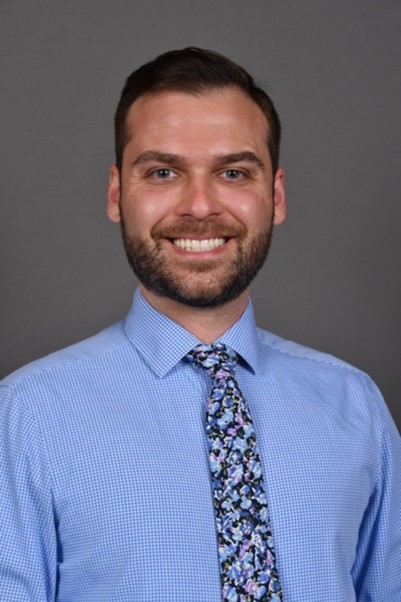Overdose deaths have skyrocketed in recent years. (See Figure 1.) People experiencing overdoses require immediate medical attention: any time wasted before reporting the emergency to 911 lowers their chances of survival. While as many as 85 percent of opioid overdoses occur in the presence of a bystander, fewer than half are reported. The purpose of 911 Good Samaritan Laws (GSLs, also called Overdose Bystander Laws), then, is to encourage bystanders to report overdoses as soon as possible by providing immunity for certain criminal consequences of substance use.
Context
Texas adopted the latest GSL in 2021, bringing the total number of state GSLs to 48. Including the municipal GSL in the District of Columbia, 99 percent of United States residents may receive some form of immunity. (See Figure 2.) While policy scientists have not reached consensus, promising analyses suggest GSLs with strong protections save lives: specifically, laws offering protection from arrest, in conjunction with expanded naloxone access, predict a 10 percent reduction in opioid overdose deaths.

Overdose mortality in the United States continues to rise, driven primarily by opioids. Mortality increased from 6.8 per 100,000 in the year 2001 to 32.4 by 2021. Data derived from Centers for Disease Control and Prevention Multiple Cause of Death records. Values for 2021 are provisional at time of writing.
Bad Samaritan Laws
However, an analysis of GSL provisions suggests treating all laws equivocally may disguise a more complicated picture. We conducted longitudinal surveillance of these laws across all states to identify their unique provisions, published in the International Journal of Drug Policy. This was inspired in large part by Texas’ GSL, the Jessica Sosa Act, which provides immunity from prosecution for people reporting drug overdoses with several important exemptions: the act does not protect reporters with previous convictions for controlled substance offenses, people who have previously used immunity, or even a person who called 911 in the preceding 18 months to report an unrelated overdose.
These and other poor GSLs are written to purposefully exclude the most vulnerable. Iowa, Ohio, and Texas limit the number of times a person may receive GSL immunity, discouraging these Good Samaritans from reporting future overdoses. States such as Texas and North Carolina don’t protect reporters possessing more than one gram of heroin, while Alabama’s GSL is constructed to exclude people in possession of opioids from protection entirely.
Better Samaritan Laws
The strongest laws, in contrast, have common features. Rather than offering amnesty during prosecution, but still allowing them to be arrested, the strongest GSLs confer immunity at the scene of the emergency so that a reporter does not need to be removed. This immunity applies regardless of the quantity of drugs in a person’s possession, extends to related offenses besides controlled substance possession (paraphernalia, delivery, even manufacturing), and provides protection for persons on parole or probation. Importantly, reporters aren’t exempted due to prior use of immunity: after reporting an overdose and receiving protection, they are enfranchised to call law enforcement in the future, rather than discouraged. States adopting these strong GSLs include Hawaii, Oregon, Tennessee, and Vermont.
Implications
While People Who Use Drugs (PWUDs) have limited knowledge of their GSL immunity, studies suggest informed PWUDs are three times as likely to call 911 to report an overdose— no doubt saving lives. We encourage professionals serving PWUDs and other at-risk populations to familiarize themselves with their state GSL, either through the review article, the policy surveillance data, or other publicly-available sources. Then, we strongly recommend taking action: inform your clients about their protections, hang flyers in the lobby, and consider seeking further guidance from local law enforcement. In this manner, we can also be Good Samaritans.
Every state except Kansas and Wyoming have adopted a GSL. Texas is the most recent state do so, ratifying the Jessica Sosa Act in 2021. At present, 99% of the United States population live in jurisdictions with GSLs. Residency data is collected from the American Community Survey.

About the author:
Shane Reader, PhD MA, is a legal epidemiologist and policy scientist based in Texas who evaluates law and policy using population health outcomes. He earned an MA in Psychology from Texas A&M University-Corpus Christi and a PhD in Healthcare Management & Policy from the University of Texas Health Science Center at Houston. Connect with Shane at @ShaneReader or via email at [email protected].